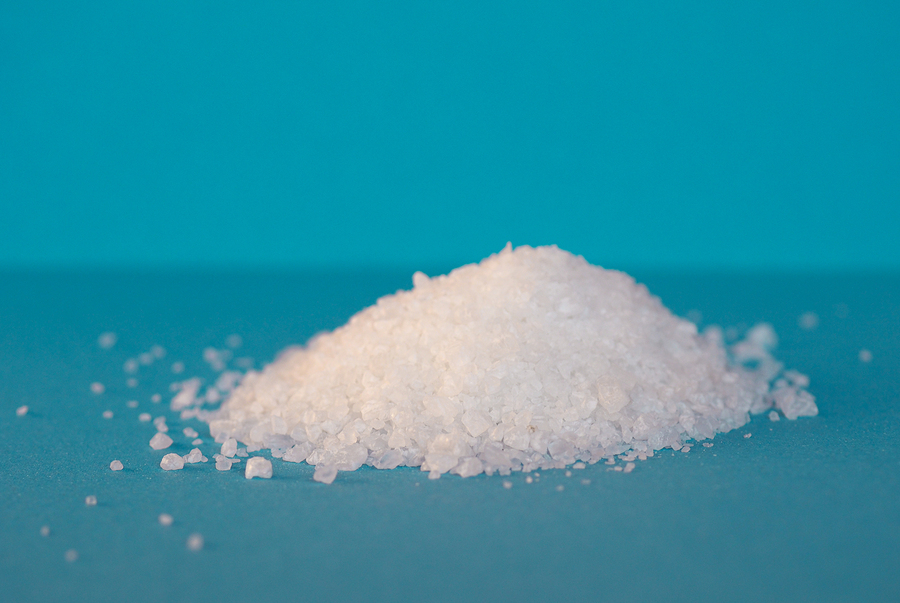Sodium levels – the facts
Have you ever wondered if your sodium levels are normal? How high or low should they be?
Sodium levels in our blood are naturally balanced by our bodies. The normal range for sodium level is between 135 and 145 millimoles per litre (mmol/L), however some people have slightly higher sodium levels at around 146 to 148 mmol/L.
Having a low level of sodium in the blood (hyponatremia) is relatively common but a high level (hypernatremia) in the blood is much less so.
Here is a recent question put to the Health at Hand nurses:
I just had a blood test for arthritis and it showed a raised level of sodium. My GP has requested a further blood test but what does this mean?
“If you are generally feeling healthy then it is quite possible that the result was due to an error with the processing of your sample and a further test will show your sodium level to be normal. If you do have hypernatremia (a level of above 146 mmol/L) then you would be experiencing some of the following symptoms and further investigation will be needed.”
Hypernatremia causes and symptoms
The most common causes of hypernatremia (high sodium levels in the blood) are as a result of:
- problems with your kidneys
- dehydration – either from bouts of diarrhoea and vomiting or from the use of diuretics (tablets given for high blood pressure)
- diabetes insipidus – this is a rare condition which affects the way the body processes water
The most common symptoms of hypernatremia may include:
- feeling thirsty
- nausea and vomiting
- headaches
- feeling confused
- feeling lethargic
- seizures
- losing consciousness
Hyponatremia causes and symptoms
The most common cause of hyponatremia (low sodium levels in the blood) is drinking too much water within a short space of time.
Most commonly the symptoms of hyponatremia include:
- nausea and/or vomiting
- headaches
In rare, serious cases, hyponatremia can cause swelling of the brain which can lead to confusion, seizures, coma and even death.
Ways to treat hypernatremia (high sodium levels in the blood)
The 3 main ways of reducing sodium levels are to:
- stay hydrated
- reduce your salt intake
- exercise
Read more on staying hydrated, diet and exercise and on reducing your salt intake
You could also take a look at our Healthy lifestyle pages for more information.
Disclaimer
All content on Silversurfers.com is provided for general information only, and should not be treated at all as a substitute for the medical advice of your own doctor or any other health care professional. Silversurfers will not be responsible or liable for any diagnosis made by a user based on the content on www.silversurfers.com and we are also not liable for the content of any external websites or links from or to Silversurfers to any other websites. Please always consult your own doctor if you’re in any way concerned about any aspect of your health
Melina - Assistant Editor
Latest posts by Melina - Assistant Editor (see all)
- Top tips for hay fever sufferers - April 14, 2024
- Paysan Breton Cream Cheese Breakfast Wraps - April 12, 2024
- 4 Homemade Sweet Treats for Easter - March 24, 2024
- Playground Memories - March 10, 2024
- The invasion of the duvet: the ’10-second bed’ - February 20, 2024





















